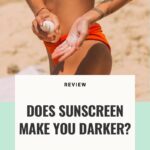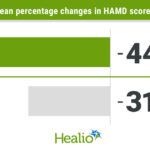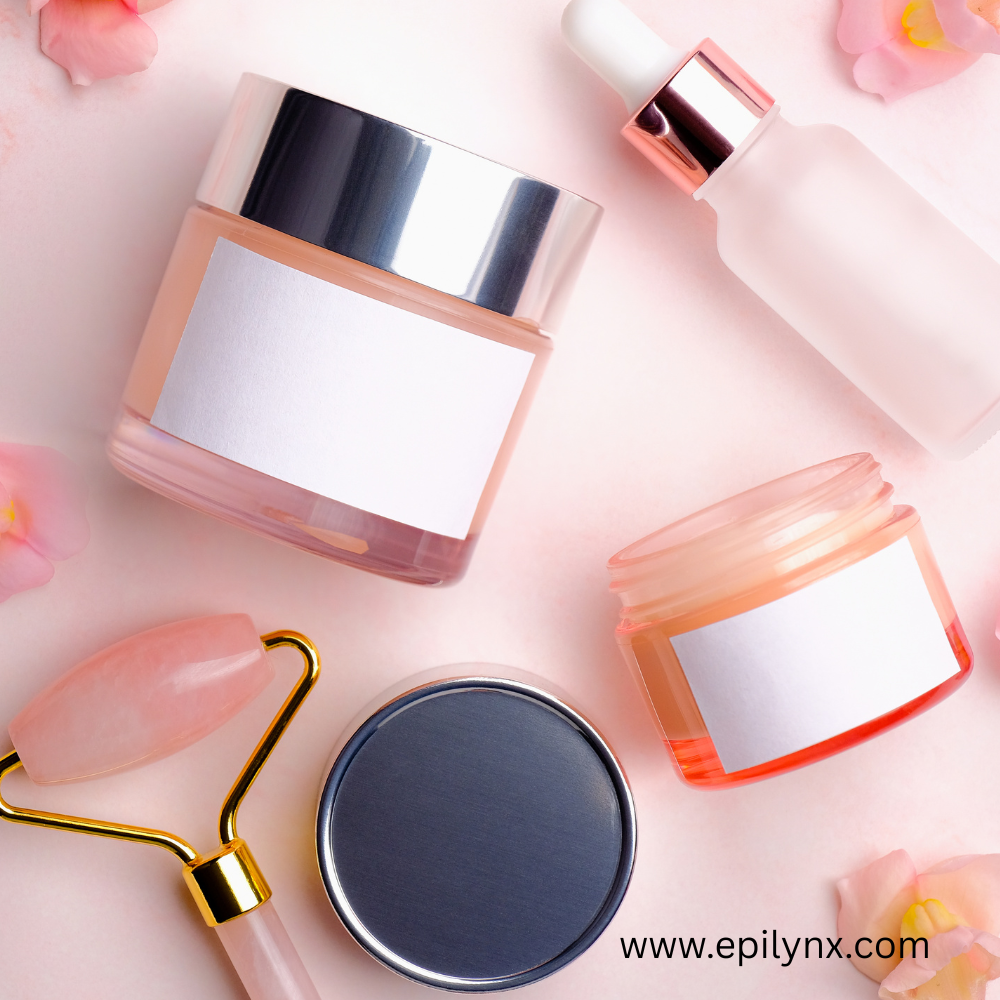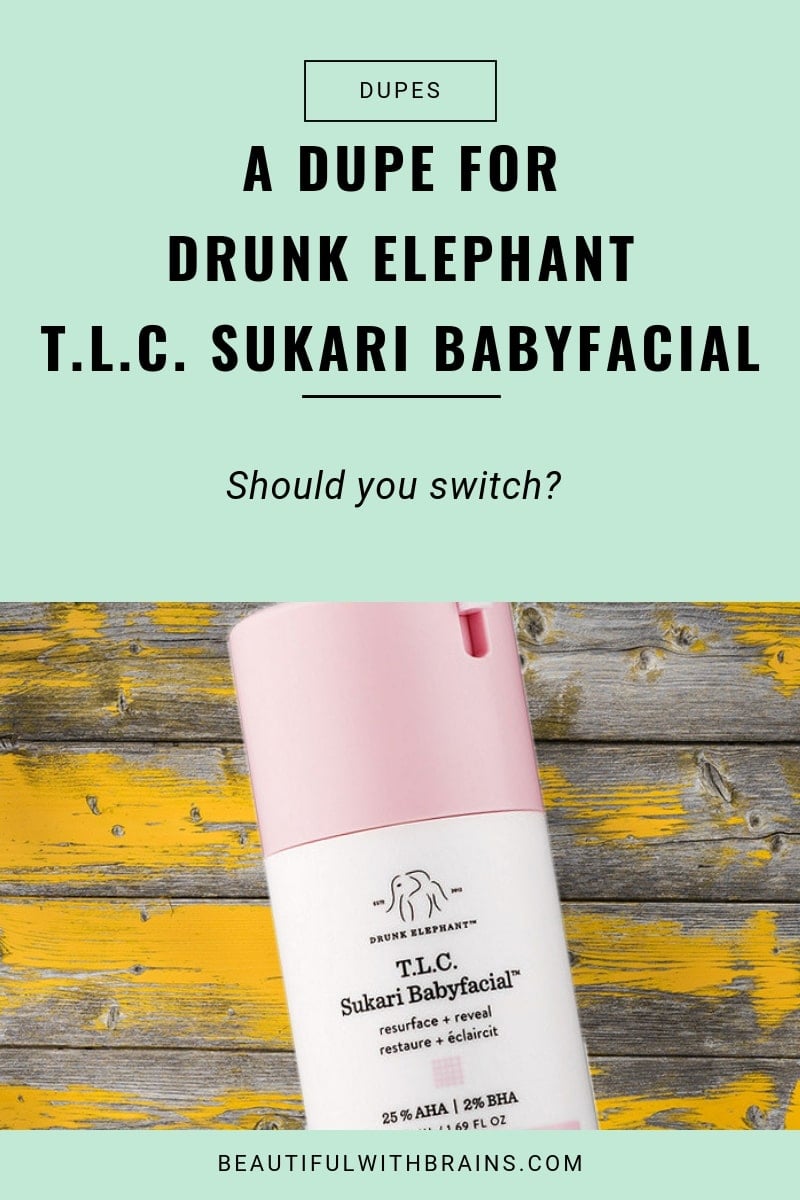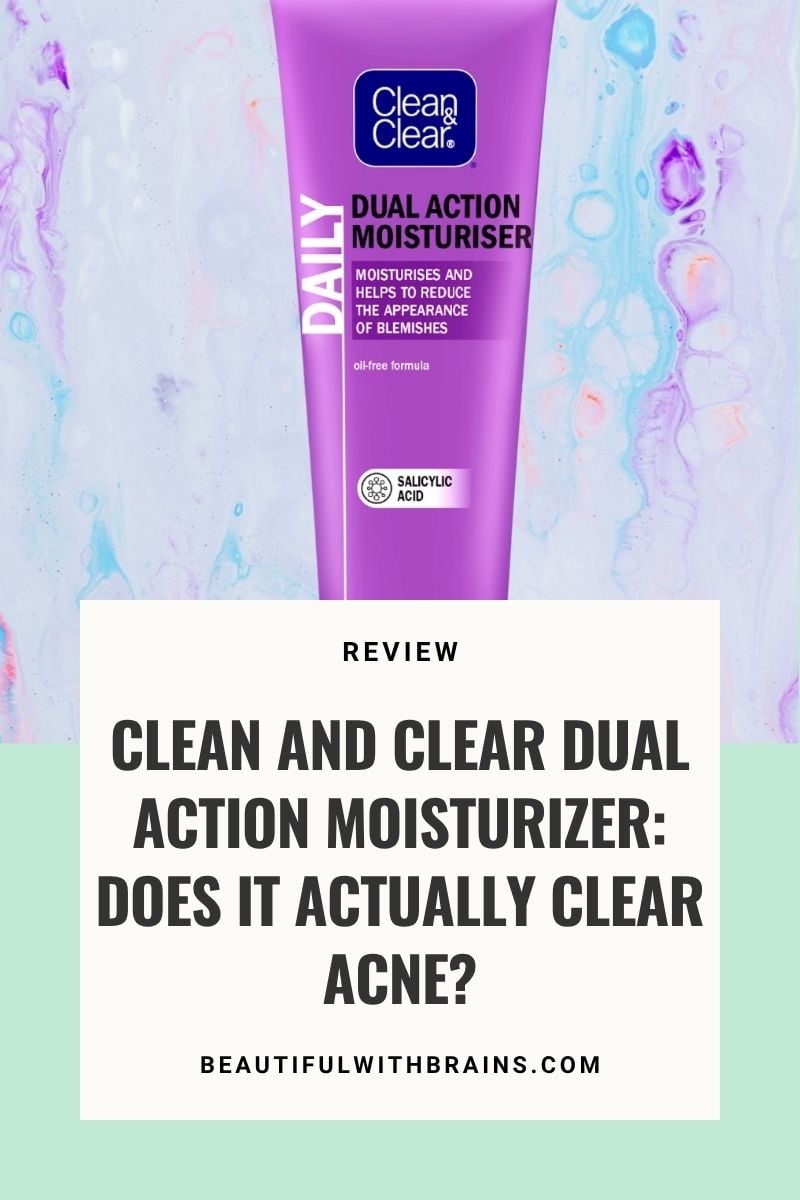Why Reading Cosmetic Labels Is a Superpower
Let’s be honest: cosmetic labels are designed to confuse you. Between the Latin names, unregulated buzzwords (“hypoallergenic”), and sneaky hidden allergens, it can feel like you need a chemistry degree just to pick out a lipstick.
But here’s the truth: once you know how to decode labels, you unlock control.
You’ll know:
-
How to spot hidden gluten in your foundation
-
Which nut oils to avoid if you have allergies
-
How to tell the difference between plant-based vs. vegan
-
Which “natural” ingredients are actually bad news for sensitive skin
This guide will teach you how to read cosmetic labels like a pro—so your beauty routine is safe, inclusive, and allergen-free.
The Basics of Cosmetic Labeling
1. Ingredient Lists Are Ordered by Weight
The first ingredient = what the product has the most of.
The last ingredient = what it has the least of.
📌 Hack: If “fragrance” is near the top? That means a LOT of undisclosed chemicals.
2. Latin Names = Fancy Covers for Allergens
Cosmetic companies love using botanical Latin names. It makes ingredients sound “natural,” but it also hides allergens.
For example:
-
Triticum Vulgare = wheat germ (gluten)
-
Prunus Amygdalus Dulcis Oil = sweet almond oil (nut)
-
Macadamia Integrifolia Seed Oil = macadamia nut oil (nut)
-
Cera Alba = beeswax (animal by-product, not vegan)
📌 If it looks like a Hogwarts spell, double-check what it really is.
3. Marketing Claims Are NOT Regulated
-
“Hypoallergenic” = no legal definition
-
“Dermatologist-tested” = vague (tested doesn’t mean approved)
-
“Natural” = could still contain allergens or toxins
-
“Clean” = depends on the brand
📌 Translation: Don’t trust the buzzwords—trust the ingredient list.
How to Spot Gluten in Cosmetics
Why Gluten Shows Up in Beauty
Gluten proteins are often used as binding agents, conditioners, or “natural” moisturizers.
Common Gluten Ingredient Names
-
Triticum Vulgare (wheat germ oil)
-
Hordeum Vulgare (barley extract)
-
Avena Sativa (oats—not always gluten-free)
-
Hydrolyzed wheat protein
-
Malt extract
Why It Matters
For people with celiac disease or gluten sensitivity, even trace amounts can cause:
-
Dermatitis herpetiformis (itchy, blistering rash)
-
Eczema flare-ups
-
Redness, itching, or swelling
-
Digestive issues (lipsticks + ingestion risk)
📌 Tip: Stick to brands that explicitly say gluten-free—don’t assume.
How to Spot Nut Ingredients in Cosmetics
Why Nuts Are Popular in Skincare
Almond oil, walnut scrubs, and macadamia oils are marketed as “hydrating.” But for people with nut allergies, they’re dangerous.
Nut Ingredients to Avoid
-
Prunus Amygdalus Dulcis Oil = almond oil
-
Juglans Regia Shell Powder = walnut shell exfoliant
-
Macadamia Integrifolia Seed Oil = macadamia nut oil
-
Carya Illinoensis = pecan oil
-
Butyrospermum Parkii = shea butter (gray area—sometimes allergenic for nut-sensitive users)
Why It Matters
Nut allergies can cause:
-
Rashes, hives, or swelling
-
Severe systemic reactions
-
ER visits (yes—even from topical exposure)
📌 Tip: Don’t rely on “hypoallergenic”—look for nut-free certifications.
How to Spot Animal By-Products in Makeup
Vegan vs. Non-Vegan Ingredients
Even “natural” beauty products often contain animal-derived ingredients.
Common Non-Vegan Ingredients
-
Carmine = crushed beetles (used in red lipsticks, blush)
-
Lanolin = oil from sheep’s wool (moisturizers, balms)
-
Beeswax (Cera Alba) = lipsticks, mascaras
-
Shellac = resin from lac bugs (nail polish, mascaras)
📌 If you want vegan AND allergen-safe, stick with brands that explicitly say so.
Fragrance — The Ultimate Mystery Ingredient
Why Fragrance Is a Problem
“Fragrance” or “parfum” on an ingredient list can legally hide up to 3,000 undisclosed chemicals.
-
Can trigger contact dermatitis
-
May contain allergens, preservatives, phthalates
-
Impossible to decode
📌 Tip: Go fragrance-free whenever possible, especially for sensitive skin.
The Future = Allergen-Safe Labels
Here’s where allergen-safe beauty comes in. Instead of guessing, allergen-safe products are formulated without the top culprits:
This is the next evolution of clean beauty—from vague “hypoallergenic” to actually safe.
Step-by-Step: How to Read a Cosmetic Label Like a Pro
-
Start with the first 5 ingredients → That’s most of the formula.
-
Scan for red flags → Gluten, nuts, dairy, soy, lanolin, beeswax, fragrance.
-
Check for Latin disguises → Learn the common allergen translations.
-
Don’t trust buzzwords → Hypoallergenic, natural, clean = marketing.
-
Look for allergen-safe certifications → Gluten-free, nut-free, vegan, cruelty-free.
-
Patch test if unsure → Especially for sensitive or allergy-prone skin.
📌 Pro tip: Keep a cheat sheet of Latin allergen names on your phone for shopping trips.
FAQs: Reading Cosmetic Labels
Q: Is hypoallergenic makeup the same as allergen-safe?
A: No. Hypoallergenic isn’t regulated—it just means “less likely to cause reactions.” Allergen-safe means the product is specifically formulated without the most common allergens.
Q: Are oats in skincare always gluten-free?
A: No. Oats can be cross-contaminated with wheat unless specifically labeled gluten-free.
Q: Is shea butter safe for nut allergies?
A: Sometimes, but not always. While many tolerate it, highly sensitive individuals should avoid it or do a patch test.
Q: How do I know if a product is truly vegan?
A: Look for certified vegan labels and check for common animal ingredients like beeswax, lanolin, or carmine.
💚 Allergen-Safe
Because your beauty routine shouldn’t feel like decoding a puzzle.
Final Thought
Reading cosmetic labels isn’t about paranoia—it’s about empowerment.
Once you learn to spot hidden gluten, nuts, animal by-products, and fragrance traps, you’ll never be fooled by fancy marketing again.
Your beauty should be bold, safe, and transparent—just like you deserve.
✨ Tired of decoding labels? Explore the EpiLynx Allergen-Safe Collection — gluten-free, nut-free, vegan, cruelty-free, and safe without the fine print.

